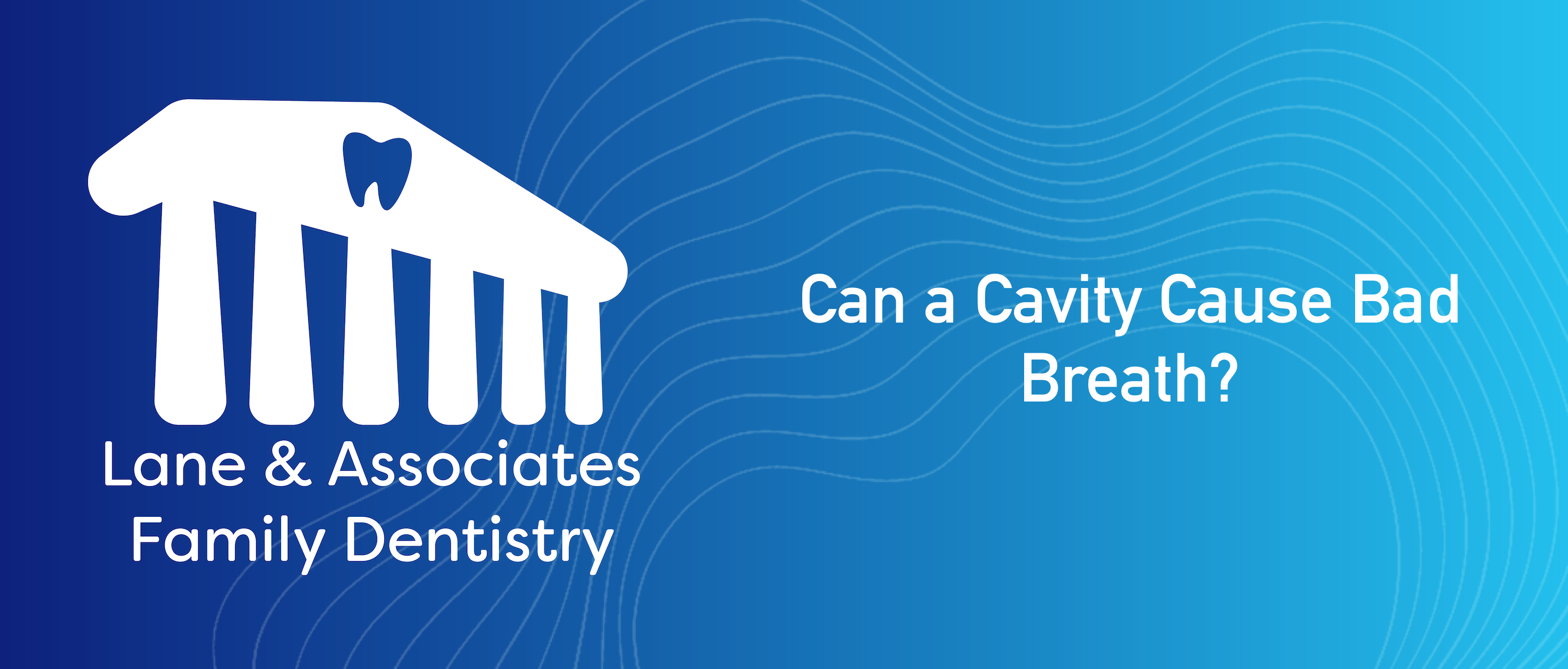Bad breath, medically known as halitosis, can be an embarrassing and distressing condition that affects millions of people worldwide. While poor oral hygiene, certain foods, and underlying health issues are often attributed to bad breath, one potential but lesser-known culprit is dental cavities. In this comprehensive guide, we’ll explore the relationship between cavities and bad breath, including what cavity breath smells like, how to prevent it, and at what stage a cavity may contribute to foul-smelling breath.
What Does Cavity Breath Smell Like?
Cavity breath can have a distinctive odor that is often described as foul or unpleasant. When bacteria in the mouth feed on leftover food particles and produce acids that erode tooth enamel, it can lead to the formation of cavities. As the cavity progresses and the bacteria continue to thrive, the decaying matter emits an unpleasant smell that can contribute to bad breath.

The odor associated with cavity breath may vary depending on several factors, including the severity of the decay, the presence of other oral health issues, and individual differences in oral microbiota. However, common descriptors for cavity breath include a sour, musty, or rotten smell, which may become more noticeable as the decay advances.
How Do You Stop Bad Breath from Cavities?

Preventing bad breath caused by cavities involves addressing the underlying cause of the decay and maintaining good oral hygiene practices. Here are some tips to help stop bad breath associated with cavities:
- Brush and Floss Regularly: Proper oral hygiene is essential for preventing cavities and controlling bad breath. Brush your teeth at least twice a day with fluoride toothpaste and floss daily to remove plaque and food debris from between your teeth and along the gumline.
- Visit Your Dentist: Regular dental check-ups are crucial for detecting and treating cavities early. Schedule routine visits to your dentist for professional cleanings and examinations, which can help identify and address cavities before they worsen.
- Limit Sugary and Acidic Foods: Foods and beverages high in sugar and acids can contribute to tooth decay and bad breath. Limit your consumption of sugary snacks, sodas, and acidic fruits to help prevent cavities and maintain fresh breath.
- Stay Hydrated: Drinking plenty of water throughout the day can help wash away food particles and bacteria in the mouth, reducing the risk of cavities and bad breath. Aim to drink water regularly, especially after meals and snacks.
- Use Mouthwash: Antiseptic mouthwashes can help kill bacteria and freshen breath, but they should not replace regular brushing and flossing. Look for mouthwashes that contain fluoride and are alcohol-free for optimal oral health benefits.
By incorporating these habits into your daily routine and seeking timely dental care, you can effectively prevent and manage bad breath caused by cavities.
What Stage Is a Cavity in When the Person’s Breath Starts Smelling Bad?
The stage at which a cavity begins to contribute to bad breath can vary depending on the individual and the progression of the decay. In the early stages of cavity formation, when the decay is limited to the enamel or outer layer of the tooth, bad breath may not be a prominent symptom. However, as the decay advances and penetrates deeper into the tooth structure, reaching the dentin and eventually the pulp, the odor associated with cavity breath may become more noticeable.
Once bacteria have access to the inner layers of the tooth, they can proliferate and produce gases and byproducts that emit foul odors. At this stage, the cavity may cause persistent bad breath that is difficult to mask with oral hygiene practices alone. Therefore, it’s essential to address cavities early and seek professional dental treatment to prevent further decay and alleviate bad breath.
Can You Smell a Cavity on Someone?
While it’s possible to detect bad breath caused by cavities through smell, identifying a cavity itself by odor alone is challenging. The odor associated with cavity breath may be noticeable during close proximity to an individual, especially if the decay is advanced and the bad breath is persistent. However, other factors, such as diet, oral hygiene habits, and underlying health conditions, can also influence the smell of a person’s breath.
Dental professionals are trained to recognize signs of cavities through visual examination, dental x-rays, and other diagnostic tests. Therefore, if you suspect that you or someone else may have a cavity causing bad breath, it’s best to consult with a dentist for a comprehensive evaluation and appropriate treatment.
Conclusion
In conclusion, dental cavities can indeed cause bad breath, with the odor often described as sour, musty, or rotten. Preventing bad breath associated with cavities involves maintaining good oral hygiene, visiting your dentist regularly, and addressing decay early through appropriate treatment. By taking proactive steps to care for your oral health and seeking timely dental care, you can effectively prevent and manage bad breath caused by cavities, ensuring a fresh and healthy smile for years to come.


